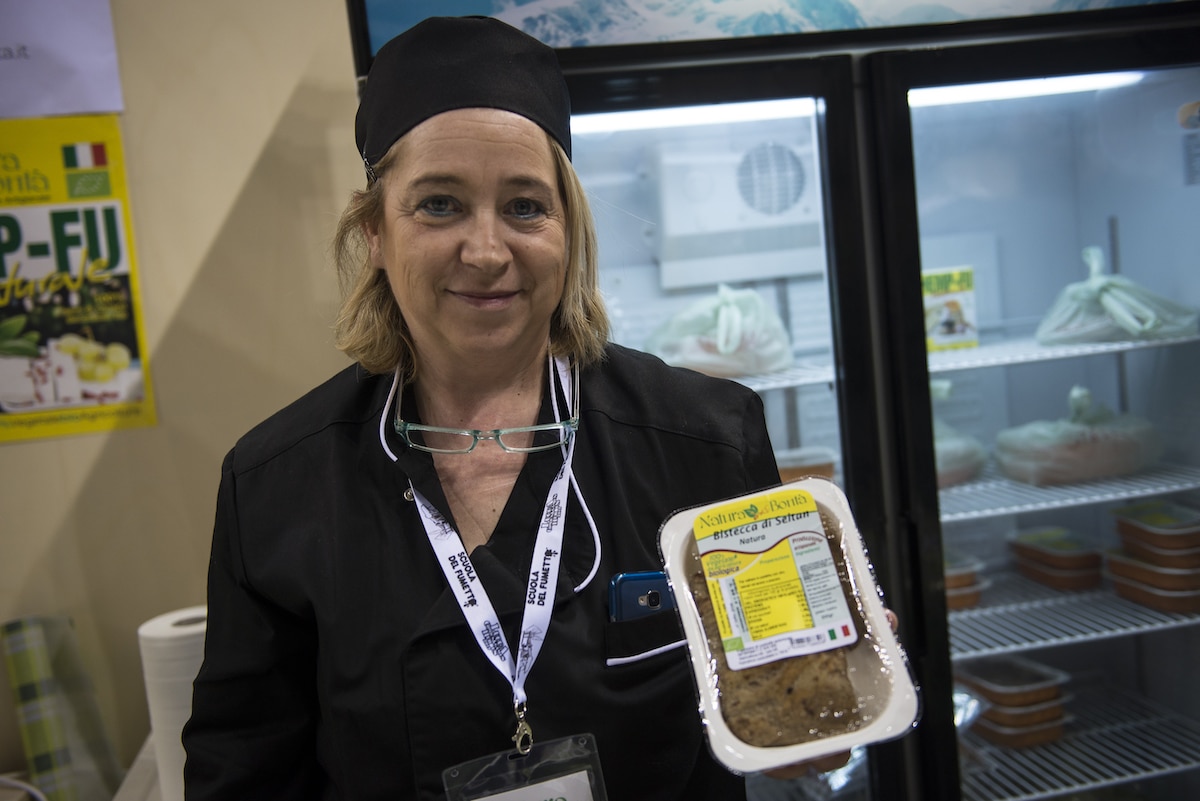Italy Moves to Ban ‘Meaty’ Language on Plant-Based Products

 Why you can trust us
Why you can trust us
Founded in 2005 as an Ohio-based environmental newspaper, EcoWatch is a digital platform dedicated to publishing quality, science-based content on environmental issues, causes, and solutions.
Italy has joined the list of countries moving to restrict labels on plant-based “meat” products. The lawmakers proposing such labeling rules — which include banning terms like “burger” or “sausage” — argue that using traditional meat-related terms for plant-based foods could mislead consumers.
The proposed legislation says that use of terms like “tofu steak” or “veg ham” is an “unfortunate” and “widespread” phenomenon that misleads consumers by exploiting similarities between the products. The bill was also proposed to “protect the livestock production of our country from those who want to offer consumption alternatives.”
Further, in the introduction of the proposed bill, lawmakers said that using meat-related terms on plant-based products would lead consumers to incorrectly draw assumptions that the plant-based products had the same nutritional components as meats.
“The question does not concern simple information to consumers, who are perfectly aware that there is no meat, for example, in a ‘vegan mortadella,’ but the danger that they may be led to believe that the plant-based product has an exact nutritional equivalent (and perhaps that it has been processed with the same traditional techniques and care of the art of cured meat) of the meat product,” the translated bill reads.
But studies have shown some promise in the nutrient density and potential health benefits of plant-based meat products, even in comparison to meat. One study noted multiple health and environmental benefits of plant-based meat over animal meat, and another study by Stanford Medical scientists found lower cardiovascular risk factors for people who swap red meat for plant-based meat.
In Italy, only about 17% of people in a 2021 study said they weren’t at all likely to ever consume plant-based meats, according to Statista. That leaves a majority of people who could be affected by labeling restrictions, should the bill become law.
“Plant-based foods emit half the amount of greenhouse gases as animal-based foods so we need to introduce policies that actively encourage people to switch to more flexitarian diets,” Jasmijn de Boo, vice president of ProVeg International, said in a statement. “This bill, which seeks to restrict labeling of plant-based meat alternatives, is taking a step backwards in the fight to tackle climate change. We urge the Italian government to reject it accordingly.”
“We can no longer continue down this path as we will destroy vast tracts of our planet in an attempt to provide a diet based on animal agriculture to the 10 billion people who will populate the Earth in 2050,” de Boo said.
Italy is not the first country to propose such legislation. France, South Africa and Turkey have restricted language for labels of plant-based products, and more than half of U.S. states have introduced legislation to set strict standards for labeling plant-based products and could even impact labels for cultured or cultivated meat in the future.
Subscribe to get exclusive updates in our daily newsletter!
By signing up, you agree to the Terms of Use and Privacy Policy & to receive electronic communications from EcoWatch Media Group, which may include marketing promotions, advertisements and sponsored content.

 233k
233k  41k
41k  Subscribe
Subscribe 




